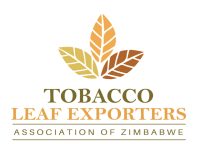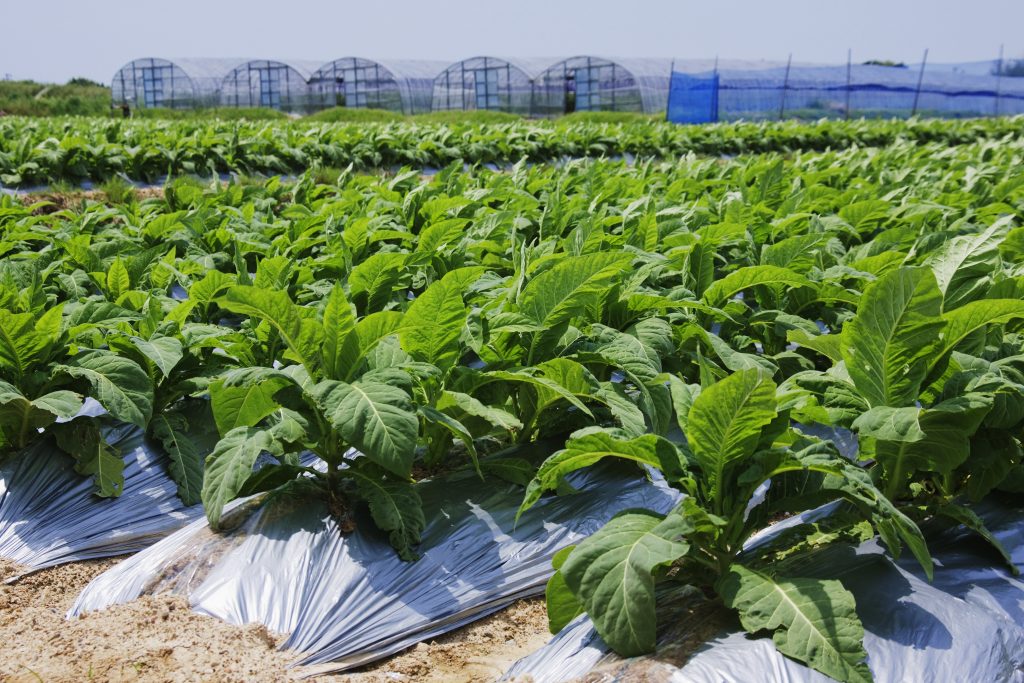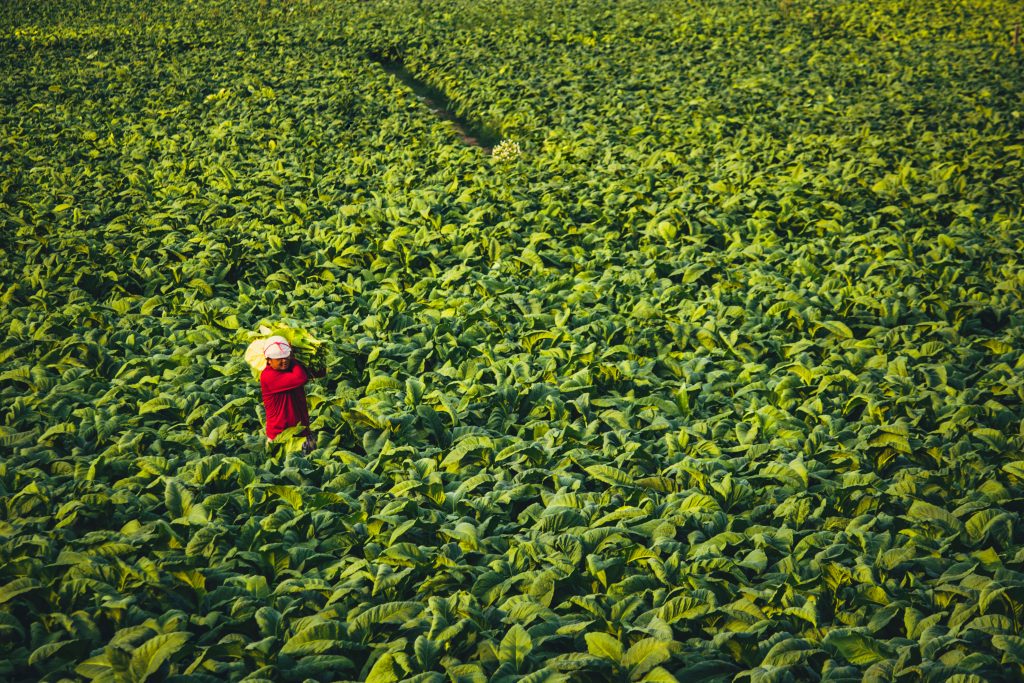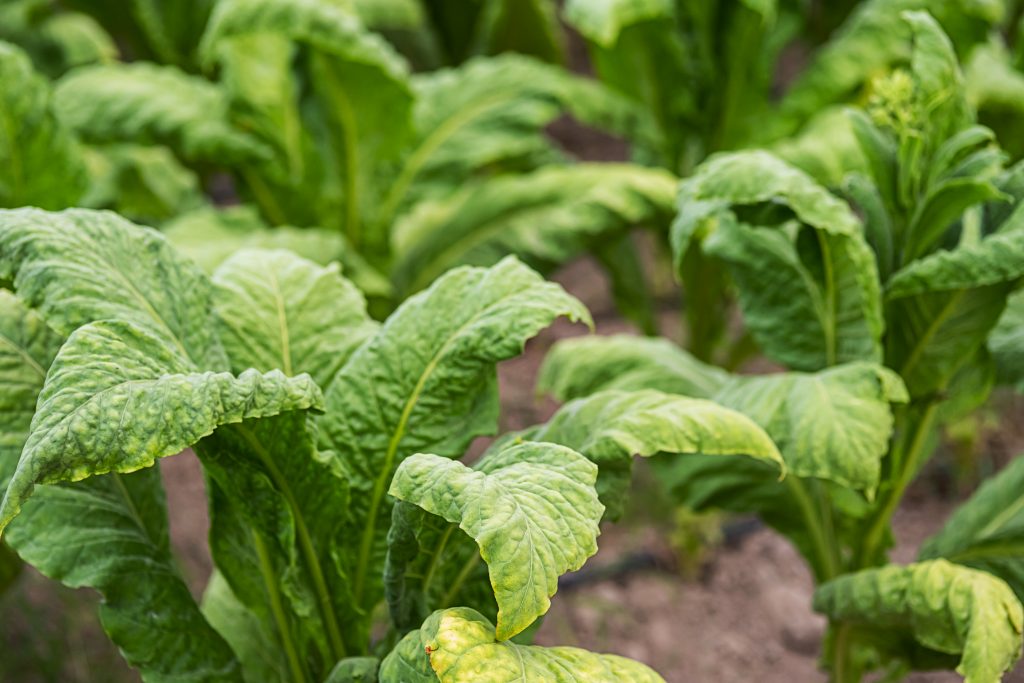The tobacco industry is a major contributor to the economy of Zimbabwe, accounting for about 10% of the country’s GDP. However, the industry has also been criticized for its environmental impact, particularly the use of wood for tobacco curing.
In recent years, there has been increasing focus on sustainability in the Zimbabwean tobacco industry. The Tobacco Industry Marketing Board (TIMB) has developed a Sustainable Tobacco Programme (STP) that aims to promote sustainable production practices that minimize the impact on the environment and improve the socioeconomic conditions of those involved in tobacco production.
Some of the key principles of the STP include:
- Conservation of natural resources: The STP encourages the use of alternative fuels for tobacco curing, such as gas or electricity, and the planting of trees to offset deforestation.
- Improved water management: The STP promotes the use of drip irrigation and other water-saving technologies to reduce water consumption.
- Reduced use of pesticides and fertilizers: The STP encourages the use of Integrated Pest Management (IPM) techniques to reduce the use of pesticides and fertilizers.
- Improved working conditions: The STP promotes the adoption of fair labor practices and the provision of safe working conditions for tobacco farmers and workers.
The STP is a positive step towards making the Zimbabwean tobacco industry more sustainable. However, there is still more work to be done. The industry needs to continue to invest in research and development to find new and innovative ways to reduce its environmental impact.
The tobacco industry also needs to work with other stakeholders, such as the government, non-governmental organizations, and farmers, to ensure that sustainability is a priority. By working together, the tobacco industry can make a positive contribution to the environment and the economy of Zimbabwe.
Here are some of the benefits of sustainable tobacco production:
- It can help to conserve natural resources, such as water and forests.
- It can reduce the use of pesticides and fertilizers, which can pollute the environment.
- It can improve working conditions for tobacco farmers and workers.
- It can help to improve the quality of tobacco leaf, which can lead to higher prices.
- It can make the tobacco industry more resilient to climate change.
Sustainable tobacco production is not only good for the environment, but it can also be good for the business. By adopting sustainable practices, the tobacco industry can reduce its costs and improve its reputation. This can lead to increased sales and profits.
The Zimbabwean tobacco industry is at a crossroads. It can either continue with its current practices, which are harmful to the environment and the people, or it can embrace sustainability and become a leader in the global tobacco industry. The choice is clear.



